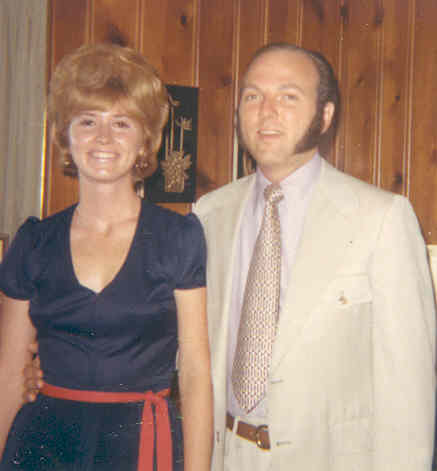Two psychologist teamed up to develop a very simplistic way to understand our behavior, how others see our behavior and how all this has a tremendous effect on our life’s potential, especially when dealing with and communicating with others. They did not try to weave into their explanation personality disorders or profiles. They just wanted it to be simple so we could grasp it and use it. One psychologist’s first name was Joseph (Luft). The other psychologist’s first name was Harry (Ingham) so they shortened the title to Johari. They believed information was the currency of business and proper communications was the ability to compound your currency.
The first quadrant, if you look at the visual, is the General Public quadrant that tells us about how others see us and how we see ourselves. For instance, I know you are a sharp dresser and you know it too. Or, I know that you love to hunt and of course, you know that too. Or, you know you have a quick temper and I know it too. Or, you and I know you are good with figures but hate public speaking, etc. etc. These are things you and I both know about you and we would agree on them for the most part.
The second quadrant, if you look at the visual to the top right, is the Blind quadrant that tells us about the fact that there are many things about you that others know and see about you, but you have a blind spot to them (you do not see it and/or will not admit to it). We would also call this a bad breath area of our lives because virtually most people who have permanent bad breath (or medical bad breath), do not know it until it is pointed out to them. Once they are told about it, they either decide to do something about it or not. Obviously, if you did have medical bad breath (vs. onion breath from a hamburger), and to succeed, you needed to socialize with people and communicate closely with people, you would do something about it, so long as you realized the bottom line benefit. In this quadrant, the feedback must usually come from someone you trust. In addition, it must be honest and sincere feedback. Many times people are very defensive in this area of feedback because they do not like to hear these things about their behavior, traits and characteristics.
The third quadrant, if you look at the visual to the lower left, is the Hidden quadrant that tells about your masks, and hidden agenda areas. Usually you know about them (unless they are deep rooted psychological problems that are truly hidden until you seek professional help and reveal them), but you do not want them revealed for various reasons.
The fourth quadrant, if you look at the visual to the lower right, is the Potential quadrant. As we grow ourselves and as we “open up” to others in a relationship (business, personal or otherwise), we expand our potential in life. However, until we seek out honest, sincere feedback in quadrant two and work on improving ourselves in quadrant three, we will stymie our self-growth and relationships with others.
Tuesday, July 22, 2008
Johari Window Explanation
Labels:
Personality
Subscribe to:
Post Comments (Atom)





















No comments:
Post a Comment